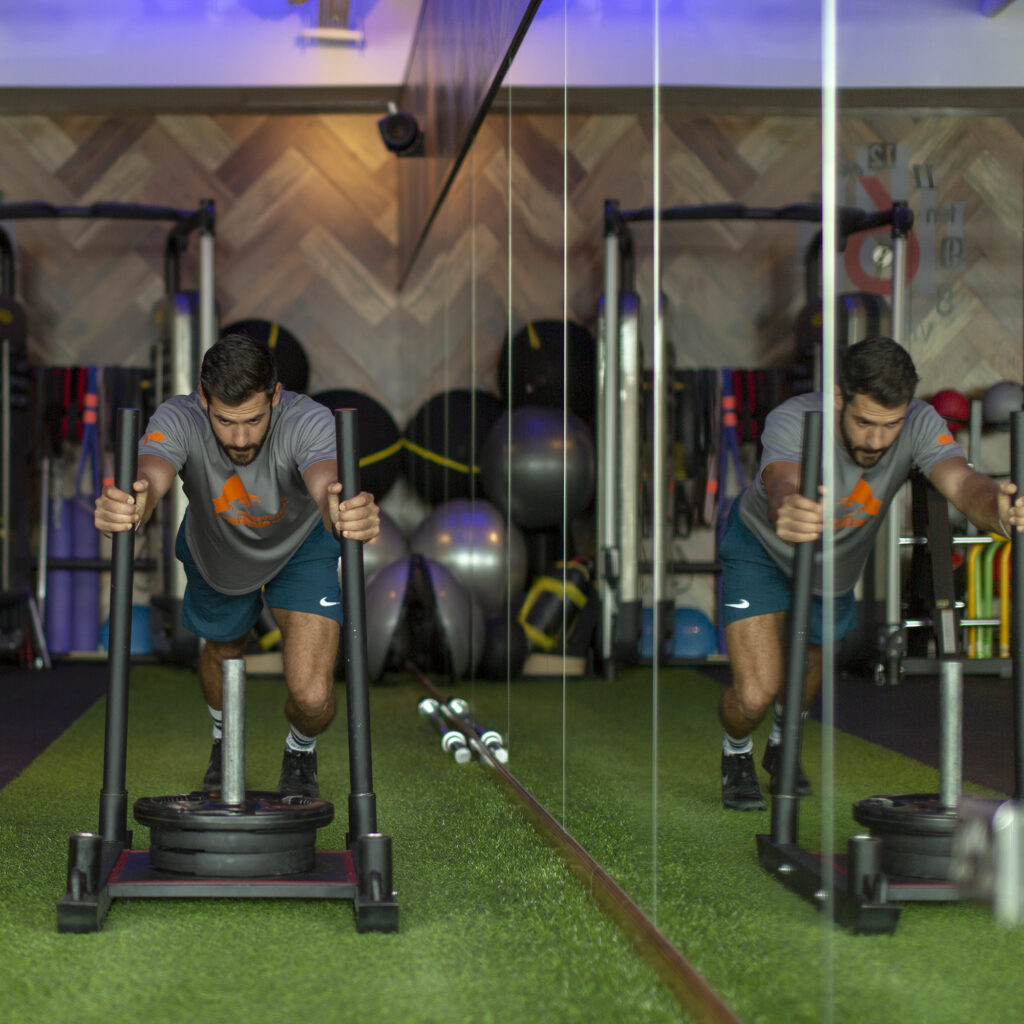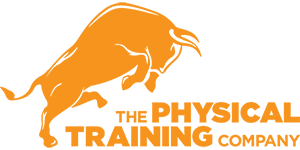4 Tips for better recovery

I’ve meant to write this article for a while now because I believe it’s about one of the most important subjects to reach your health and fitness goals. Recovery is probably the most underrated aspect of training that I’ve noticed in my years of training athletes and the general population. I’ll briefly touch on it and explain a few key factors and will discuss the different points separately in future posts.
Many people don’t seem to realize how vital rest and recuperation are to improve and reach their goals. In a society where everyone seems to be busy, we are constantly told that the most successful people made it because they barely slept and just worked all the time. Not only is that not realistic, it’s also counterproductive. If you want to be effective at work, your brain needs to rest. If you want to improve your health and reach your fitness goals, you need to sleep and recover, because that’s when your body rebuilds itself and improves.
Don’t get me wrong, I’m just as guilty of not resting enough. As a matter of fact, I hurt my back a few weeks ago and I know for a fact it was not so much because of the deadlift I did, but because my body was exhausted and needed a break. It’s easy to get carried away and start working/stressing too much, but here are some tips that could help manage your recovery better.
- Sleep more and better
Many of my clients come to me telling me they only need 5-6 hours of sleep, but according to research, you do need at least 6 hours, and ideally 7-8 hours per night. What’s also very important is the quality of your sleep, so make sure to turn off your TV and make your bedroom as dark and as quiet as possible. When you’re deprived of sleep, you not only reduce your brain function in terms of memory, alertness and cognitive speed, but you also increase your stress hormone cortisol, which will make it much harder to get lean.
- Hydrate
Another very underrated way to recover and optimize performance is to drink enough water. It has been shown that being dehydrated by as little as 2 percent can decrease athletic performance and delay recovery. Being dehydrated can also mess with the testosterone to cortisol ratio, which will not only make you recover more slowly, but will also make you fat. Aim for 0,7 ounces per pound, or 0.05 L per Kg of bodyweight.
- Massage/foam roll/stretch
Try to foam roll or massage after your workouts to help flush out the waste products from your cells after they’ve worked. They’re also great to release tension and help you relax, which again will bring down cortisol.
- Meditate
As we’ve discussed, we always want to bring down cortisol (stress) as much as possible to improve recovery and to reach your goals (except during the workouts!). Meditation has been shown to not only help reduce stress and anxiety, but to also raise growth hormone and testosterone. I use the app Headspace, which guides you for 5-20 minutes per day, depending on how much time you can afford to sit quietly and refresh your batteries during the day.

